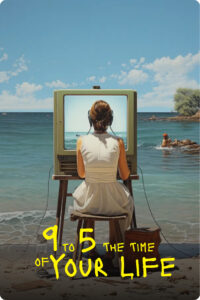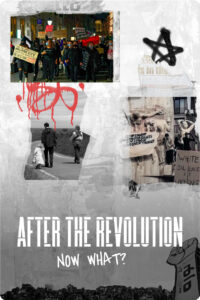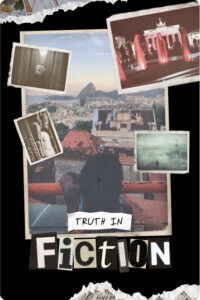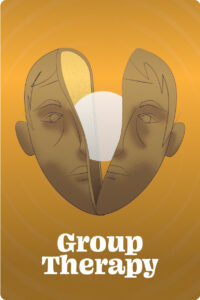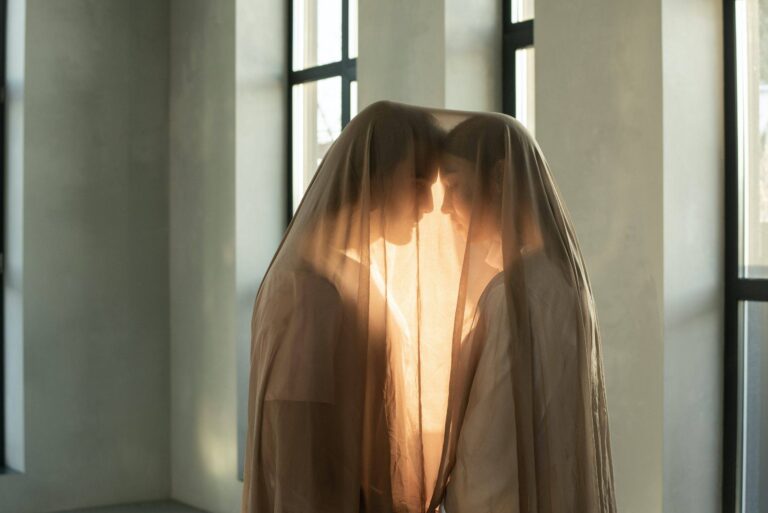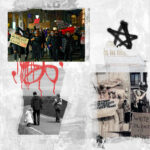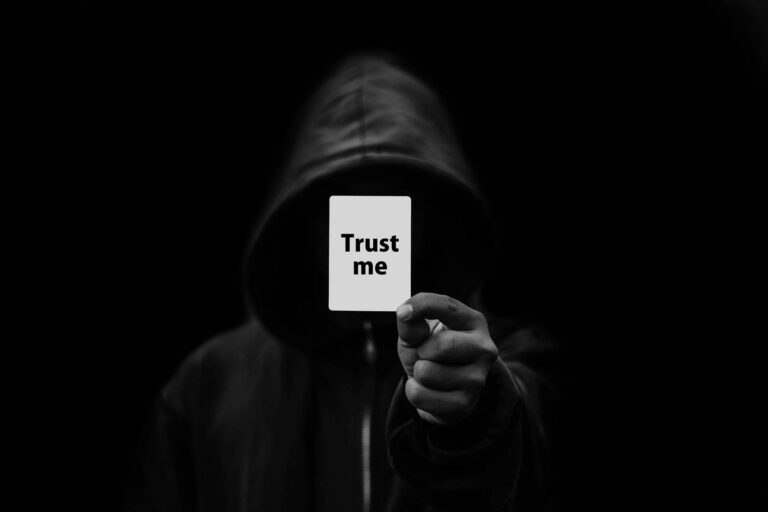As I began to write I had a problem with the word revolution. When you look up the word in the dictionary, you get the following synonyms: disturbance, upheaval, revelation, agitation, commotion, change, movement. Perhaps what happens after the revolution, specifically after a failed revolution, is a friction of all these terms, with a big question mark, with a feeling similar to waiting, to paralysis. This is how the word revolution is not just a word for me, it is much more, it is a symbol and although I like to claim its strength and autonomy, it has always been linked to strong negative connotations. Although we know that nothing is black and white, and that there is always a gray in every government, it is necessary to say that this government is identified with red like so many other totalitarian political parties. When you are red, you cut or you shoot, in those two actions there is blood, in those two actions you get hurt.
As a Venezuelan, my childhood was marked by the sound of one pan against another. I am almost the same age as the Bolivarian revolution, I grew up naively believing that by squeezing the hand of my parents or an aunt I could shoo away a regime or rather shoo away a man marching to the rhythm of songs, in those long walks with white shirts and bandanas with the color of the flag. Years later, more incredulous and older, along with many others, I watched with annoyance on TV screens the massive mobilizations that lasted from 2000 to 2010, the brute force of the so-called “national guards” who assaulted the demonstrators, leaving destruction in their wake, paralyzing the city, with a force they called “revolutionary”.
Perhaps what comes after the revolution, especially after a failed revolution, is a feeling akin to waiting, to paralysis
A mental space saturated by the fear of being left with nothing, an automaton inertia that only leave room for material considerations, this is the result of the so ill-named revolution of a country with an extreme capitalism disguised as socialism. But I am not only interested in talking about the economic crisis left by a political revolution – that carries on undercover. At present there is a mask of welfare, political parties are disappearing little by little as they are not named, there is a disguise that makes everything appear to be fine, there are products of all kinds, new stores and restaurants opening every day, international artists coming every month, music festivals, but in reality everything is put on top, underneath the country is rotting, services are still lacking, things are still not working. The difference is that now everything can be fixed with money: if there is no water, you buy a water tank; if there is no electricity, you install a generator ; when gasoline is scarce and there are long lines, you buy gasoline on the black market. Everything is solved with money, and it’s just a matter of calls. If you have enough money, you never really have to live with the damage, it is easy to put a band-aid on one’s life. But that’s it, nothing more. There is a more potent and decisive pain gap between social classes.
Therefore, to describe what we are all going through, I think it is more relevant to talk about the social and mental crisis, what is accumulated inside, among those who remain and the thousands of exiles who have left, after the broken hope of change. Of the portable country we have built, I know that my emptiness, that emptiness in which I consider myself experienced, a great incandescent, transcendental, identitarian, above all human emptiness, is constituted by much more. But how not to blame the ruin that remains after the revolution, how not to amalgamate it to your personal failures? Everything becomes the same. Everything is a consequence of what is left after the war, of the way in which the rubble is picked up, of the people who stay to pick up the rubble so that the corpses can pass and of the identity of the corpses themselves, to quote Wislawa Szymborska’s famous poem.
Introduction to losses
“When we live something we don’t have the tools to understand it as it is happening,” says recent Nobel Prize winner Annie Ernaux in an interview, “we can only understand it from the future. A few months ago, I thought I was going to stop living what’s left after the revolution, I thought I was going to get away from the ash, finally be able to do something with my hands, to sculpt differently, but I’m still in the mud. I still can’t fully understand it, I can only photograph it with my memory, that’s what I have tried to do in the last years and from my diaries I extract these hard fragments, to tell you about the damage. I am sure that to understand I must be someone else and for now I am the same, forced to the rubble of a revolution: the real one, the one that tried to overthrow the false one and died of exhaustion. I can only remember, continue the path in this trunk of losses.
First loss – The Light
These are the things that are happening to me: I burned my left hand with boiling water, it was a big and painful burn that still remains brown, I deleted C from Facebook because of his lack of interest and his ignorance after we separated, I have been without light for 48 hours, even a little more, I am locked up and I have no idea what day it is, I only know that it is March and that I have not known how to live without light for a long time, it is getting dark, it is already late and even the light does not arrive, soon the night will fall and we will be plunged into total darkness. In Caracas and in all of Venezuela, we have three days without light or almost three days, they are days of long conversations, of listening to the battery-operated radio, of reading tirelessly until I can no longer see, of reading at night with a flashlight because I cannot live without fiction. They are days of solitude, of family, of thinking about everything I have left behind and everything I want to return to, also everything I am not yet and want to be. They are days of fear, of going to sleep early, of seeing signs everywhere, of staying in the dark looking at the window.
The lack of technology plunges you into a state of absolute contemplation. Yesterday I witnessed the most beautiful starry night I have ever seen in my life, perhaps it was a starry night like any other, and because Caracas was in such complete darkness, the stars that were hidden from the human eye by the city lights were once again visible. The sky offered itself as a gift, something divine to contemplate, at the moment we were going to value it the most, in a dark night, with candles, without much to tell us, in a night with fear of what is to come, one of those rare and sad nights, but that provokes us to go out and dance with danger.
A country is also the territory that is carried inside or a feeling, depending on the person there are different countries that are built from the emptiness. Young Venezuelan poetry, whether it is political or not, is built from the impossibility of defining this intimate geography and it is beautiful because it is this impossibility that unleashes the passion of the poem, it is what leads to the writing of the poem itself. For me that is what the young Venezuelan poet pursues, the light.
The revolution leaves its marks; one learns to look differently, more calmly, because time passes differently when immersed in instability
Second loss – The right pain
Today my grandmother Mamau died. I am sad for my dad, for the atmosphere of death that he leaves around everything. It is a rare day of calm and sadness, almost a silent atmosphere. After death, there is not much that can be said. My parents watched her die through a screen, called her on Messenger, in her last breath, she opened her eyes, closed them again and died. If screens provide the security of watching a person die even if they are miles away, I’d rather screens didn’t exist. They saw it as a good thing, they told me: we can’t travel, but at least we could be close. As always, I have a different view of these things. I wonder how many families will have to watch relatives die at a distance, because of the impossibility of traveling, either because of money or an expired passport. I am tough, I am not afraid of death and my dad seemed like a weak man when he cried in front of his cell phone. It is not coherent, but that is how I felt, maybe because death is too definitive, too dark and I prefer to assume it from an arid, stoic, almost inhuman place, to be able to swallow it better, in one bite. I have never had someone die whom I really loved, if they have gone from me and that made me cry, I told C. about Mamau’s death and despite being active on Facebook he decided not to read me ; that hurt me because I was vulnerable and intimate. Then he wrote me back and gave a bad excuse that I didn’t believe. There is nothing worse than disinterest, it is even worse than silence. I cried while writing him the message, however, I know I was crying because of what I lost of our love, that intimacy that will not return and not because of my grandmother’s death. abuela..
Watching “The Sopranos” there was a scene where Tony hugged his daughter Mellow, dressed in a cap and gown. It reminded me of C. in his robe, being hugged by his father crying like a child, why should crying make us so childish, why should it make us so vulnerable? I remembered what I felt in that moment, a mix between anger and sadness, anger for his success, first of all, graduating gave him a purpose, security, a title. At that moment when C. received his degree, I knew that my degree was getting dusty and would continue to get dusty. I also felt anger for his dad, who didn’t love me and never did, who never cared for me, who acted weirdly and with distrust that day. I felt rage because he was leaving with his future, his gown, his courage, his voice to another country and he would take my love with him, he would take all the love we gave each other, all the poetry, all the books and the places and the sex. He would take it all with his dreams, along with his own individual things and put it all together like a loaf of bread dough to build a building that he could then eat with all his magnificent appetite. And when he was gone I would be left with nothing to build because my life was the building of our love and the building of myself through the person I was when I was with him. I felt all that, while with sorrow I stood waiting for all the hugs to pass, to finally give mine, which was filled with anger, sadness, jealousy, love, too much love, which was everything, even when that love, was nothing but desire to leave him, but freedom from that love, but fear of losing myself inside my feelings, inside him, a big fat man, with a thick voice that soothed my insides. And that was my embrace, my look before the father’s embrace and that was me after not being able to sleep next to him because I was crying the last night we spent together, thinking about how difficult it would be to build a future without someone’s love, even though we had said we would try to do it from a distance, why do I depend so much on love to survive emotionally? And this is me, still looking for a future with the same economic and psychological difficulties, crying with Atahualpa Yupanqui and his song that warms the winter, when I should be crying for the death of my grandmother, but no, I cry for a verse, for a song, for a fiction that touches my soul and is so useless and yet so beautiful.
After the revolution, we can no longer separate our intimate pains from our collective pains. We are upset, we become bitter. In our personal life, the simplest things have become difficult. The autobiographical condition of someone who has always lived in ruin must be interesting. What future can we expect for children born and raised in these conditions? Each one will be different, but confusion will reign in all of them. They will grow up and all their traumas will be part of the same mass, they will have become a giant stone of contained and confused rage, a scribble of impossibility, whose consequence will have the name of a failed revolution.
Help us tell the world to you !
Frictions is launching its club : by supporting Frictions, you’ll be supporting a community of authors and journalists who tell the world through intimate stories!

Third loss – Freedom
When everyone in my house went to sleep, I went down to the guest room and opened the window wide to breathe in the night. It is the best window in the house and the view is supreme: an impressive mountain, a very long sky and only a few lights could be seen while, miles away, I could hear very loud music, almost like a nearby rumor. As I looked at the night, I felt that I had not lived, and that I was not exaggerating as usual when I tend to be so dramatic, but that it was real, that in reality I had lived almost nothing, what can commonly be called a fun youth, that partying was what I deserved. My freedom had been taken away by a series of conditions that I had not chosen, but that had grown up with me, feeling imprisoned, it was an affective, symbolic inheritance, it was an inheritance of my generation and my nationality. At that moment, in my head, the question was formulated: Will I always be this woman who listens through the window to a distant party with nostalgia, wishing to be there, waiting for it to happen someday, feeling the cold night wind and the mist that comes garnished with drizzle on my face? A helplessness came over me, and I started to cry while writing these words. Will I also be that woman who prefers the feeling of being away from the party wishing for it? Perhaps I constructed this woman as a defense mechanism against impossibility. The woman I would like to be, is a woman who after dancing and sweating at the party, goes out for a moment to the garden, feels the cold, seeing the clear sky with a few stars, when suddenly a stranger approaches her to offer her a tinderbox to light a cigarette and she feels at that precise moment happier, freer than at the party, with the music far away and the silence of the night, but knowing that if she walks a little she can enter the party again, that the party is there within reach of her steps. This woman has the power to decide, but she has the heart of someone who was at that window, behind those bars. She would choose to be a woman, whose loss has taught her something.
The revolution leaves marks, one learns to look at it differently, more calmly, by dint of the fact that time passes differently when it is moistened by agitation. In some revolutions the look is filled with victory, others with failure, and others simply with waiting. In the worst case, I advise to create a cardboard eye to look more comfortably into the void. For those who dare to throw everything into the bonfire, even memories with their imaginary flames, freedom will fill them with an immense whiteness.
